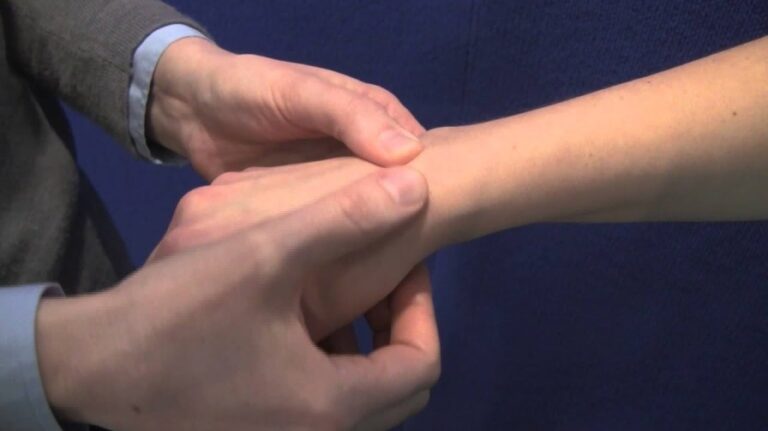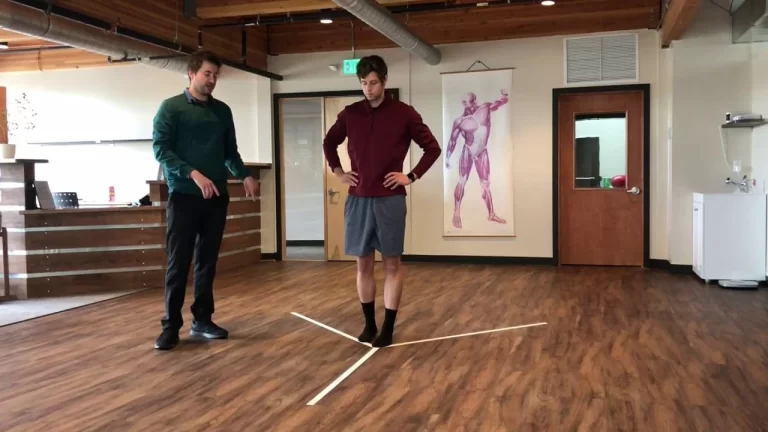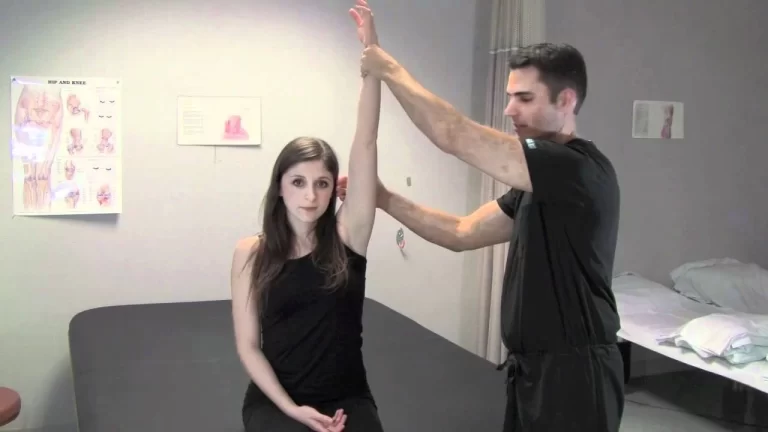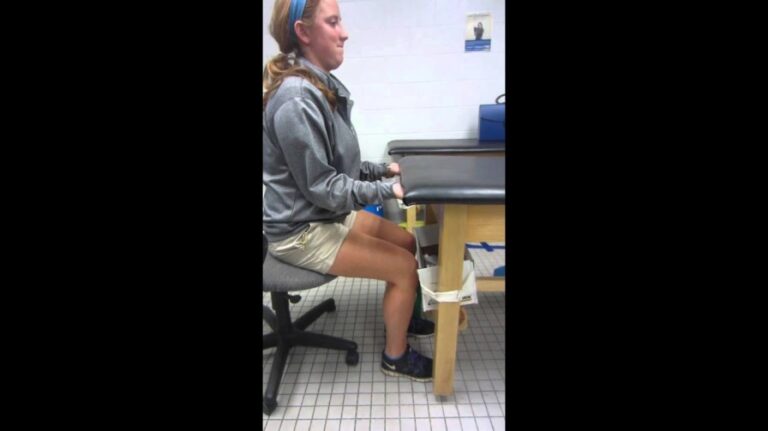Feagin test :
- It is also known as to Inferior Drawer test.
- This test is modification of to sulcus sign test with to the arm abducted at to 90 ‘ instead to being at to side .
- Some authors are consider this test at to the second part of to sulcus test .
What is purpose of the test ?
- This test is used to for the check inferior shoulder instability .
- It is assesses to inferior sub-luxation of humeral head.
How to perform of the feagin test ?
- Starting position of the test is standing .
- In to standing position with to arm is abducted to 90′ & the elbow is extended .
- Elbow is resigning on to top of the examiner’s shoulder.
- The examiner’s hands are clasped together over to patient’s humerus between to upper & middle thirds .
- Then pushes to humerus down & forward .
- This test is also perform in sitting position .
- In this position the examiner hold the patient’s arm at the elbow .
- Then examiner is do 90 ‘of abduction of arm with the one hand & second hand is holding the arm against the examiner’s body .
- Other hand is placed just lateral to the acromin over the humeral head .
- Ensuring the shoulder musculature is relaxed , examiner pushes the head of the humerus down & foreword .
- Doing to test in this way often give to examiner to grater control when to doing of to test .
- A sulcus is also be seen above the corocoid process .

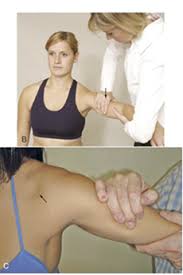
What is the result of this test ?
- Look of the apprehension on the patient’s face indicate to positive test .
- Also presence of inferior capsular laxity .
- If to sulcus sign & feagin test both are to positive ; it is to greater indication of to multi directional instability rather than of just laxity .
- But it is only be considered to positive if to the patient is a symptomatic .
- The test position is also places to more stress on to the inferior glenohumeral ligament .

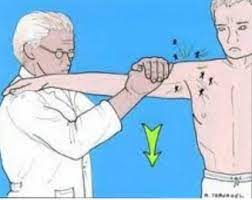
![Oppenheim test purpose = this test is used to check the lesion of the upper motor neuron. technique = starting position of the patient for the test is the supine position. the examiner runs a fingernail along the crest of the patient's tibia. result = a negative Oppenheim test is indicated by no rection or no pain. a positive test is indicated by a positive Babinski sign [ positive pathological reflex ] & suggests an upper motor neuron lesion.](https://mobilephysiotherapyclinic.in/wp-content/uploads/2022/02/filp-test.jpg)
